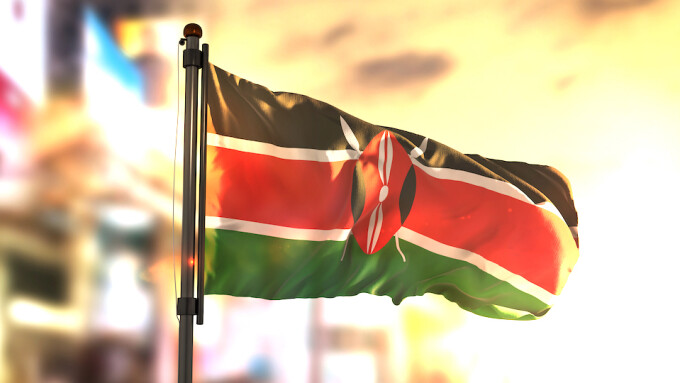NAIROBI, Kenya — Several free speech groups sent an open letter last week to a Kenyan MP who has been pushing forward a restrictive amendment to the country’s 2018 “Computer Misuse and Cybercrimes Act” (CMCA), including a blanket ban on all “pornography.”
According to a statement by free speech advocacy group Article 19 East Africa, last Wednesday, six organizations — including Access Now, the Bloggers Association of Kenya, Defenders Coalition, the Kenya ICT Action Network and the Kenya Union of Journalists — “sent an open letter and memorandum to Garissa Township MP Hon. Aden Duale expressing deep concern over the proposed amendments to the Computer Misuse and Cybercrimes Act (CMCA), 2018 through the Computer Misuse and Cybercrimes (Amendment) Bill, 2021.”
The groups appealed to Duale for the immediate withdrawal of his new censorship bill, alleging that “if enacted, an outright ban on pornography will be enforceable in Kenya, and the government will possess the power to interfere with access to communications platforms and digital technologies.”
The Rights to Freedom of Expression and Access to Information
Duale’s new bill, the activists continued, would curtail the rights to freedom of expression and access to information afforded to Kenya's 53 million inhabitants under the East African nation’s 2010 constitution.
The proposed ban on pornography, the letter stated, “is not one of the permitted grounds specified under Article 33 (2) of the Constitution of Kenya (2010), thus violating the right to freedom of expression, online and offline.”
“Further, pornography is not a form of expression that may be restricted under international law,” the letter continued. “If Kenya adopts this proposal, it will be in violation of its obligations under the Universal Declaration of Human Rights (UDHR), the International Covenant on Civil and Political Rights (ICCPR) and African Charter on Human and Peoples’ Rights (ACHPR).”
“Any limitation on the right to freedom of expression which falls outside the scope of the limitations permitted under Article 33 (2) of the Constitution of Kenya, 2010, using vague, imprecise and undefined terms, limits this right to a level that the Constitution did not contemplate or permit, leading to a finding of unconstitutionality.”
Duale’s broad censorship proposal, the letter pointed out, also “recommends that websites be rendered inaccessible in the Republic of Kenya” thus interfering with the rights to freedom of expression and access to information, both online and offline.
Vague Attempts to Define 'Pornography'
As for an official definition of pornography — a point where censorship efforts worldwide inevitably flounder — the groups contend that Duale’s “proposed definition of ‘pornography’ relies on the term ‘sexually explicit conduct’ which is vague, extremely subjective and fails to lend legal certainty. This sweeping definition bestows largely unfettered discretion which could be used to prosecute individuals in the creative and artistic communities who use nudity, depictions of sex or eroticism — that should only be accessible to adults — to express their artistic, journalistic and academic freedoms.”
Moreover, the letter asserted, “this provision could also be used to police content of a sexual nature — that should only be accessible to adults — that is legitimate and lawful, and protected under the right to free expression under Article 33 (1) (b) and (c) of the Constitution of Kenya, 2010 which provides for freedom of artistic creativity, academic freedom and freedom of scientific research.”
To read the full letter from Kenya’s free speech groups, visit Article19.org.






